The Nigerian beverage market has been dominated by Nigerian Breweries Plc (NB Plc) and Guinness Plc for decades.
Nigeran Breweries Plc, a subsidiary of Heineken International was the pioneer and began brewing and marketing beer in 1949 (yes, before there was Nigeria). Nigeria also has some history with Guinness Plc, a subsidiary of Diageo as Nigeria was the first location to be selected outside Great Britain to brew the stout lager in 1963.
NB Plc has nine breweries across Nigeria with two malting plants, while Guinness has five brewing plants.
This picture has since changed as Anheuser-Busch In Bev (AB InBev), the world’s largest beer producer, entered Nigeria in 2016 as International Breweries.
READ: Nigerian Breweries to pay Heineken BV mega dividend of N2.9 billion
How has increased competition and the fall in consumers affected both beverage companies? Who has responded better? I will review the FY 2020 performance of both companies in the fast-moving consumer goods segment to give an insight into how resilient these companies are.
For consistency, I am using figures from my TradingView platform.
First, let’s look at Income, NB Plc posted a 9% drop in Gross Profit but an increase in total revenues from FY 2019 to N337b in FY2020. This is impressive considering the fall in consumer spending due to the COVID-19 lockdown in 2020. However, NB plc achieved this improved sales with a 10% higher Cost of Sales growth. Net Income for NB Plc was posted at N7.36b, a huge 54% fall from 2019 figures.
NB Plc has seen negative Net Income figures since 2018 and posted negative Total Revenues numbers for two out of the last three years since 2018. This is reflected in the EPS figure of just 0.92 posted in 2020. This fall in earning has pushed the Price to Earnings Ratio to a high of 60.82.
READ: Guinness Nigeria’s market value surged by N23.8 billion in March 2021
Guinness posted a 17% drop in gross profit, with a steep 20% fall in total revenue, but it trimmed its Cost of Sales by 21% and posted a huge negative Net Income number of -N12b. This Guinness explains is a one-time charge on an extraordinary item being write-down of assets. On an EPS basis, Guinness thus posts a negative -5.74 Earning per Share. Whilst the 2020 results reflect the impact of extraordinary items, Guinness also saw a fall in Total Revenues, Operating Income, and Net Income before the COVID impact in 2019.
The problem for both companies is sales. Total revenues for NB and Guinness have been flat or negative since 2019, specifically both Guinness and NB posted negative Gross Profit when compared to 2019 FY results. However, one company posted a positive Gross Profit and total revenue, yes, International Breweries (IB Plc). IB Plc is achieving higher revenue numbers on the back of vastly increasing Cost of Sales. This again reflects in a negative EPS of-0.47 for IB Plc. This indicates that IB Plc is willing to incur huge marketing costs to capture market share.
READ: Alcoholic beverage makers on NSE lose a total N27.7 billion in a single day
Inventory turnover for IB is faster at 6.60 when compared to 5.89 for NB Plc and 2.77 for Guinness. In essence, IB is selling her brands faster than both NB and Guinness.
Next, we look at the Balance Sheet. Nigerian Breweries Total Equity which is Total Assets less Total Liabilities is a positive N161b which translates to a book value per share of N20.96. In essence, if you sold all the assets of NB PLC and paid all the debt of N91.45b, and shared out the net balance to all shareholders, they would receive N20.14 per share. Guinness has positive total equity of N73b, this translates to a book value per share of 33.34, much higher than NB because Guinness has a lower debt of N23b.
Again both companies saw a dip in total equity with Nigerian Breweries total equity falling by 3.92% from 2019 and Guinness by a whopping 17.9% in the same period. Again to contrast with International Breweries who posts a Total Equity of N151b with a book value per share of N5.65 based on a much higher debt number of N115b. In summary, using the Debt to Asset ratio, IB Plc is more leveraged at 0.31 when compared to NB Plc at 0.21 and Guinness at 0.08. If interest rates continue to rise, this eats more into IB Plc.
READ: NB Plc gains as profit-taking in Dangote Sugar, PZ weigh on consumer goods stocks
Next, we look at the cash position by examining the Free Cash Flow position. FCF is the cash available for the company to repay creditors or pay dividends and interest. FCF excludes non-cash expenses. Nigerian Breweries has a negative cash position of -N447b, driven primarily from Capital Expenditures. This translates to a Price to Cash ratio of 5.49. For Price to Cash Flow, lower is better. Guinness FCF position is a positive N1.93b with a lower and better Price to Cash of 2.55. IB Plc also posts a positive FCF of N32b and Price to Cashflow of 3.14, however, it is important to note that IB Plc has paid no dividends for three years.
Finally, we plot the efficiency of management of both companies by comparing them to three performance ratios in Table 1 below.
Table 1.
| Return on Equity % | Return on Invested Capital % | Net Margin % | |
| Nigerian Breweries Plc | 4.48 | 3.62 | 2.18 |
| Guinness Plc | -15.52 | -14.72 | -12.5 |
| IB Plc | -15.53 | -7.96 | -9.04 |
NB Plc, when compared to Guinness and IB post better profitability numbers but all three breweries are playing in a market where consumers have a lower purchasing power and are looking to affordability. Net Income for all three breweries is well below numbers posted in 2017. The risk to these companies is the shrinking market. Prices cannot be cut forever, thus productivity improvements to reduce costs will be the differentiator.
Unless the economy improves, this is a sector to be watched before you leap in.








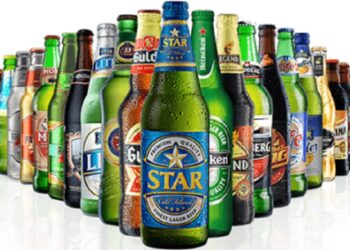
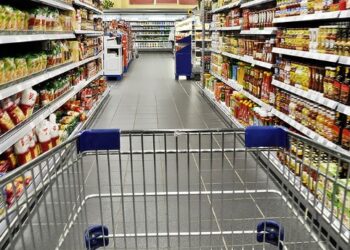
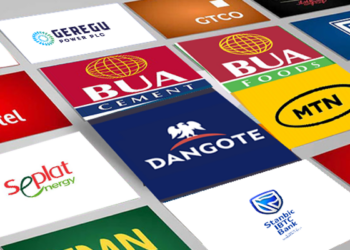
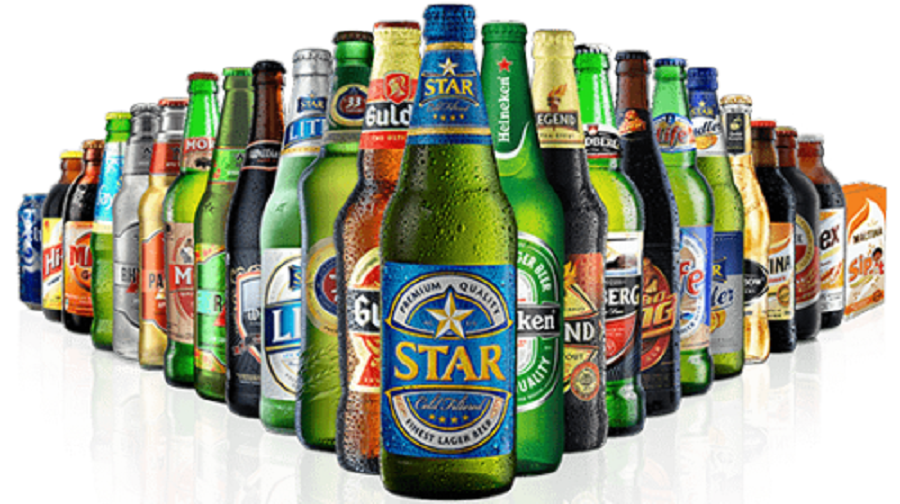
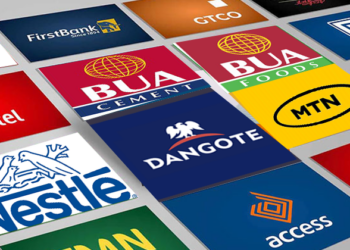













Awesome write up as usual from a professional.
I guess the reason for such results is due to the huge presence of alternatives for alcohol consumers. Examples are the distillers with some sachets and small bottles of different types of herbal spirits.
Thank you sir
Wow very deep analysis